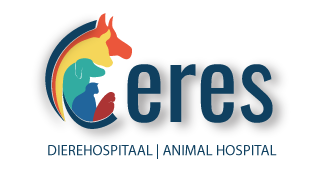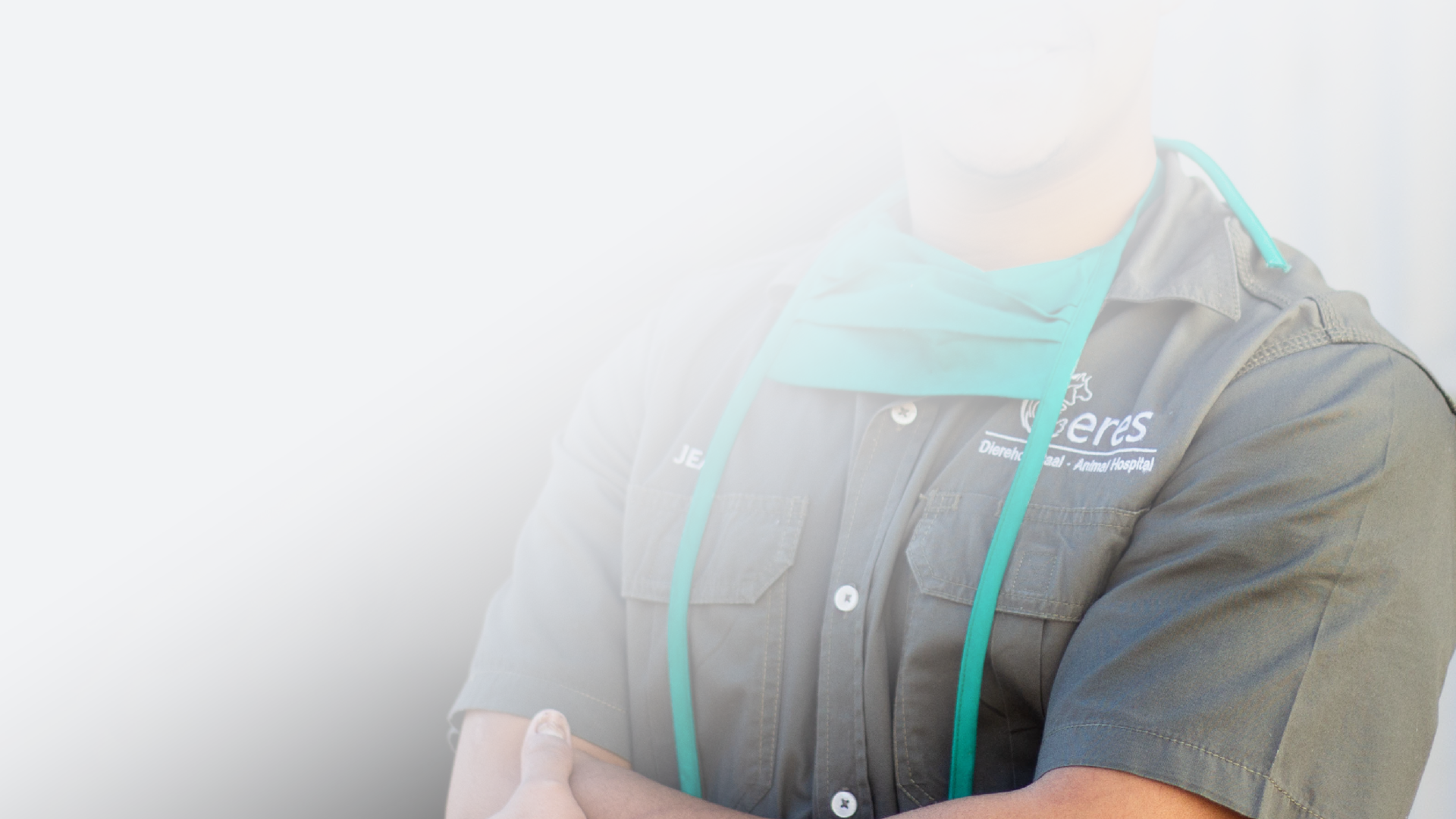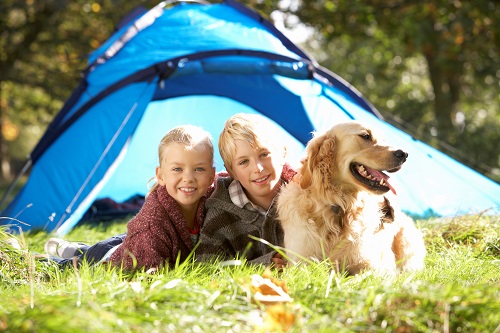 As the end of the year draws to a close, most businesses start to slow down in anticipation of a well-needed rest. The veterinary world however, braces itself for its busiest time. The holiday season comes with a multitude of risks for animals. This occurs for many reasons, some of them are out of our control, including climatic changes and prevalence of certain parasites, but many of them can be guarded against if the pet owner is aware and vigilant.
As the end of the year draws to a close, most businesses start to slow down in anticipation of a well-needed rest. The veterinary world however, braces itself for its busiest time. The holiday season comes with a multitude of risks for animals. This occurs for many reasons, some of them are out of our control, including climatic changes and prevalence of certain parasites, but many of them can be guarded against if the pet owner is aware and vigilant.
Two diseases which are more prevalent during the summer are Babesiosis, commonly known as Biliary; and Erlichiosis, which is commonly known as Tick Bite Fever. During the hot, wet months in South Africa, the number of adult ticks in the environment increases dramatically. Not all ticks carry the parasites which cause these diseases, but because exposure to ticks is increased, so is the associated risk of acquiring the disease. Applying tick-repellant products cannot prevent Biliary or Tick Bite Fever, but it can help to decrease transmission by killing affected ticks. Owners must watch for signs of illness including lethargy and decreased appetite; and in advanced cases the gums can have a yellowish tinge. If these signs are seen, it is better to take your pet to the vet sooner rather than later.
Fleas and flies also increase during this time. Fleas cause a generalised itching, especially over the back and hindquarters; and fly worry can cause scabbing and crusting of the ears. The crusting of the ears is because flies literally suck at the tips of the ears causing small tiny patches of bleeding with the crusts actually representing tiny blood clots. The flea population and the constant irritation of flies can both be decreased with simple spot-on applications, so maintaining a good control protocol (usually every four weeks) will enable your pet to be more comfortable.
Another problem related to climate is the occurrence of heatstroke. This is most commonly seen in breeds of dogs that have flat faces, such as bulldogs and pugs. These dogs are predisposed because their breathing system is less efficient than dogs which have longer noses, and so during high temperatures they can have difficulty cooling themselves down. It is important that owners of dogs susceptible to heatstroke be careful in the summer months and try to restrict exercise to early and late in the day when it is not as hot. If your dog is panting excessively you can put it in an air conditioned room or in front of a fan. You can also douse them with cool water before putting them in front of the fan to accelerate the cooling down process. Another way to help cool pets down is to offer them a bowl of ice water. If your animal looks as if it is battling to breathe (this can be seen when the abdomen moves with every breath instead of just the chest; or when the elbows are held away from the body) then it is best to bring it to the vet. Other symptoms of heatstroke include rapid pulse, profuse salivation, very red gums or tongue, lack of coordination, inability to rise after collapsing, vomiting and diarrhea. Heatstroke can be fatal and should be acted on immediately.
Leaving animals in hot cars is very dangerous and should never be done, even for short periods of time. Being trapped in a hot car can increase the animal’s anxiety which will add to their stress. Dogs pant to keep cool and if they are not able to move to a cooler area they will not be able to cool down, which might result in heatstroke.
In summary here are some tips to keep in mind during warm weather
- Animals must always be able to move to cooler, ventilated areas to cool themselves down. Dogs that are left outside must be provided with shady areas where they can cool down and escape from the sun.
- Never leave animals alone in cars or caravans even in cloudy weather.
- Always provide animals with plenty of drinking water in a weighted bowl that cannot be knocked over.
- Never allow dogs to exercise excessively in hot weather.
- Ask the vet about sunscreen for dog with light coloured skins.
With the holiday season comes the usual spirit of festive over-indulgence. Unfortunately it is easy for pet owners to unthinkingly share this experience with their animal companions, which can have serious consequences. A small amount of rich, fatty food can upset the gastrointestinal system and result in vomiting and diarrhea. The animal’s pancreas is an organ responsible for the digestion and break down of fatty food and it can become inflamed, which is very painful. Because our pets are generally smaller than us, they are more sensitive to small amounts, and what may seem like just a tiny snack can in fact be much more significant than owners tend to realise. It has been claimed that feeding a small dog just a hundred grams of boerewors is equivalent to eating twenty two small koeksisters as a human. It may be worth imagining how you would feel after twenty two koeksisters, before you toss the next piece of boerewors to your furry friend!
Many owners also offer bones during this time, which can lead to problems including constipation or even obstructions or perforations of the gut. As satisfying as it may be to give your pet a bone to chew on, it can result in a life threatening situation, and so it is much safer to offer a chewable treat available from the vet or something like a rawhide chew instead. Most green chews also contain chloride which increases oral health in pets.
Another common problem seen during this time of year is lost dogs. There is an increase in thunder storms and firecracker usage, and so frightened animals are more likely to break out of gates and run away. There are medications available from the veterinarian to help calm dogs, and the reaction to these drugs varies from animal to animal so one may have to try more than one type to get the one which really works for your animal. It is always worth medicating pets that are by nature very nervous. It is also strongly advisable to have your pet micro-chipped. With a microchip in place, if your pet does escape, it can be identified when taken to a shelter or a veterinarian for safe keeping. This will help to ensure the safe return of your pet.
While there are many hazards for pets during the festive season, it can also be a very exciting time. Many pets travel to far away destinations, or are able to spend more time with their owners than usual. With these guidelines hopefully some of the dangers can be avoided, and all our patients can remain healthy and happy. Wishing you all the best for a wonderful summer holiday and a Happy New Year!
© 2018 Vetwebsites – The Code Company Trading (Pty.) Ltd.


